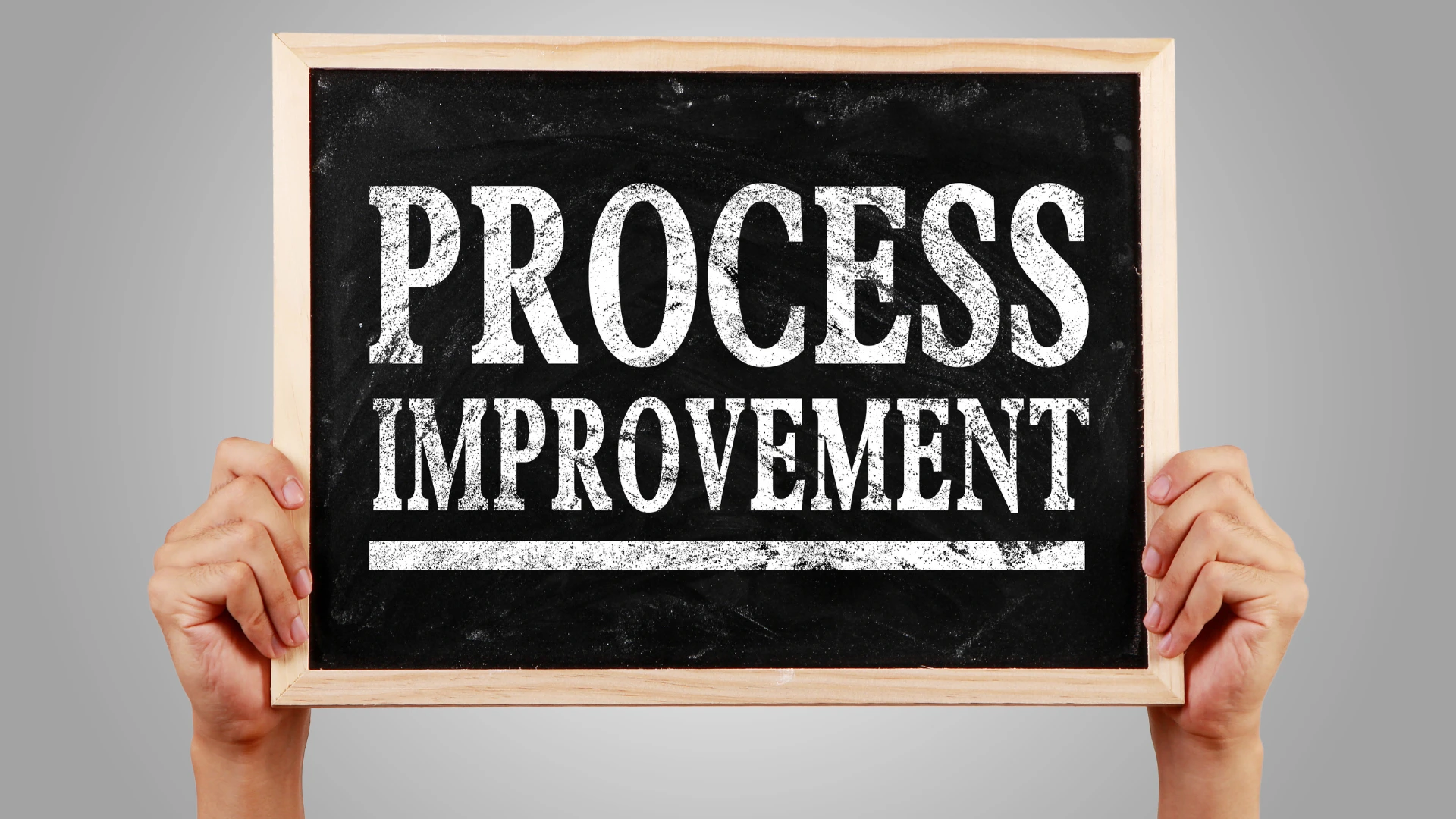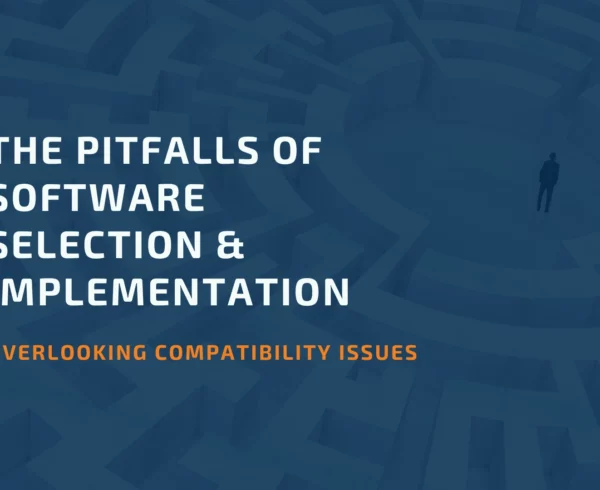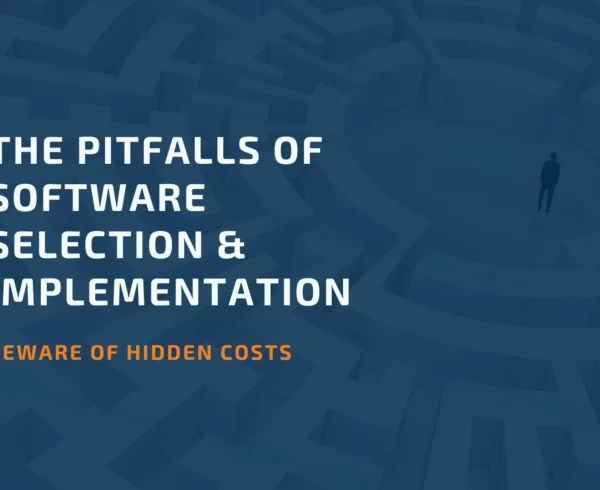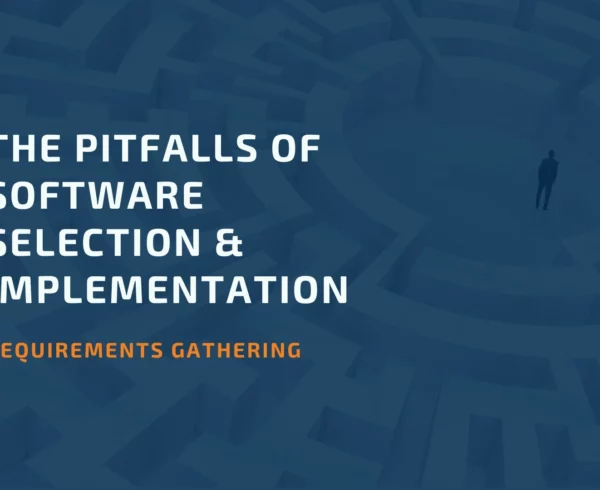
Enterprise Resource Planning (ERP) systems have become popular for businesses looking to streamline their operations, improve efficiency, and increase productivity. However, measuring the success of ERP implementation can be challenging, especially when it comes to business transformation. Let’s examine the key performance indicators (KPIs) that businesses can use to measure the success of ERP implementation and business transformation.
KPIs to Track
Return on Investment (ROI)
ROI is an essential KPI that businesses should track when measuring the success of ERP implementation. It is calculated by dividing the return generated by the ERP system by the investment made in the system. ROI provides a clear picture of the financial benefits of the ERP and helps businesses determine whether their investment in the system is yielding returns.
A positive ROI indicates that the investment in the ERP system has been successful and is providing value to the business. By tracking ROI, companies can identify areas where they can optimize their investment in the ERP system, such as identifying areas where they can reduce costs or increase revenue. Further, tracking ROI can also help businesses make informed decisions about future investments in technology and help them understand the impact of their ERP system on the overall financial performance of their business.

Time to Value (TTV)
TTV, or Time to Value, is an important KPI that businesses should track when measuring the success of ERP implementation. It measures the time it takes for the business to realize the benefits of the ERP system. TTV provides a clear picture of the time it takes for the company to see a return on its investment in the ERP system. A shorter TTV indicates that the ERP system has successfully delivered value to the business, and they are benefiting from their investment in the system.
Various factors can impact TTV, including the complexity of the ERP system, the quality of the implementation, the level of user adoption, and the effectiveness of the training provided to users. By tracking TTV, businesses can identify areas where they can optimize their implementation process to reduce the time it takes to realize the benefits of the ERP system. For example, they could invest in better user training programs, ensuring effective change management, and properly integrating the ERP system with other systems in the organization. By reducing TTV, businesses can increase the speed at which they realize the benefits of the ERP system and, ultimately, improve the ROI of their investment in the system.
Customer Satisfaction
Customer satisfaction is another critical KPI that businesses should track to measure the success of ERP implementation. ERP systems can impact customer satisfaction in various ways, including improving product quality, reducing delivery times, and providing better customer service. For example, an ERP system can help businesses streamline manufacturing processes, reduce errors, and improve product quality, increasing customer satisfaction as customers receive high-quality products that meet their needs and expectations.
ERP systems can also improve delivery times by optimizing the supply chain, reducing lead times, and improving inventory management. By improving delivery times, businesses can again increase customer satisfaction and loyalty, as customers receive their orders more quickly and reliably.
By tracking customer satisfaction, businesses can understand how the ERP system impacts the customer experience and whether it delivers value to customers. Increased customer satisfaction suggests that the ERP system has successfully delivered value to customers and helped the business meet their needs and expectations.

Employee Productivity
Employee Productivity KPIs are crucial for measuring the success of ERP implementation and business transformation. These KPIs measure the effectiveness of the ERP system in improving employee productivity by automating manual processes, reducing errors, and providing real-time visibility into business operations. Examples of Employee Productivity KPIs include:
- The time it takes for employees to complete tasks
- The number of tasks completed per employee per day
- The accuracy of employee work
By measuring Employee Productivity KPIs before and after ERP implementation, businesses can determine the impact of the ERP system on employee productivity and identify areas for improvement. Tracking Employee Productivity KPIs can help companies to optimize their workforce and increase efficiency.

Business Process Improvement
Business Process Improvement (BPI) KPIs are important for measuring the success of ERP implementation and business transformation. These KPIs measure the effectiveness of the ERP system in improving business processes such as order processing, inventory management, and financial reporting. For instance, reducing order processing time, decreasing inventory holding costs, and improving financial reporting accuracy is common BPI KPIs that businesses track to measure the success of their ERP implementation.
Other BPI KPIs can include reducing errors, increasing productivity, and improving customer satisfaction. By measuring BPI KPIs before and after ERP implementation, businesses can determine the impact of the ERP system on their operations and identify areas for improvement. Therefore, tracking BPI KPIs is crucial for companies to realize the full benefits of their ERP system and drive continuous improvement.
Conclusion
Keeping an eye on Key Performance Indicators (KPIs) is crucial to measuring the success of ERP implementation and business transformation. By tracking KPIs such as ROI, TTV, Customer Satisfaction, Business Process Improvement, and Employee Productivity, businesses can determine whether their ERP system generates value and achieves business goals. KPIs allow companies to pinpoint areas for improvement, streamline their operations, and make data-driven decisions. Therefore, businesses must stay on top of their KPIs to ensure that their ERP system delivers the desired outcomes and drives overall business success.
At BHC, we work with you to implement and measure the success of your ERP. Call us to discuss how an ERP can help your business grow.





